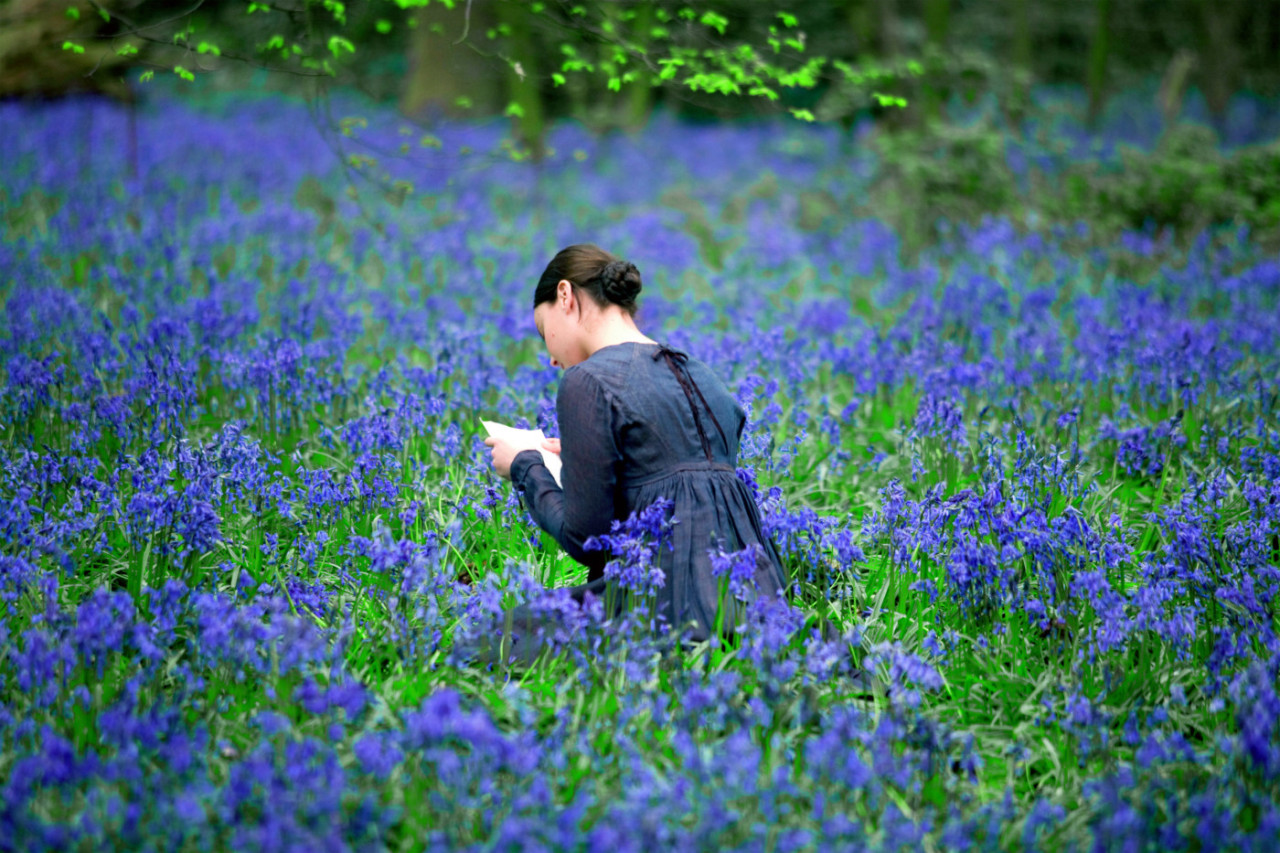I've just finished two novels, so it feels like a good time to sum up my reading over the past few weeks.
This was a christmas present and a book I'd been really looking forward to. I had such high expectations (it won the Booker prize), although unfortunately I was disappointed. The modern day characters didn't interest me, the plot was formulaic and the poems were imitations. I can see why Byatt did this, but I found myself wondering why I didn't just read the poems she was mimicking. So thats one positive consequence- I decided to read some Victorian poetry.
Disgrace is one of those books you are always being told you should read- and I can see why. I think people can easily be put off by the main character, disgraced professor David Lurie, but I don't think the point of the novel is to like him. Regardless Disgrace is very thought provoking about a whole range of issues, and strangely moving.
- Fingersmith, Sarah Waters
I suppose I have developed an affection for the Victorian period, so I decided to read Fingersmith, a sort of historical crime fiction novel. I thought the first plot twist was brilliant, and I like novels which show two characters' perspectives on the same story. But I felt like the rest of the novel was disappointing in comparison.
- The Haunting of Hill House, Shirley Jackson
The Haunting of Hill House is a short novel about, as the title suggest, a haunted house. It was not as scary as I thought it would be, it was more a story of gradual descent into madness. I love the subtlety and ambiguity of Jackson's writing, although I prefer
We Have Always Lived in the Castle.
- The House of Mirth, Edith Wharton
I had been meaning to read
The House of Mirth for a long time, and I thought because of this it might be a chore to read. However I was presently surprised: it was much cleverer and more interesting than I imagined. It's not a perfect novel, but so many aspects of it are fascinating, and Lily's situation is so tragic.
- Burial Rites, Hannah Kent
Burial Rites tells the story of Agnes Magnusdottir, the last person to receive the death penalty in Iceland in 1828. Agnes is placed with a rural family awaiting her execution, and visited by a reverend. In the months leading up to her execution, Agnes tells her story. I really enjoyed this book, even though I felt the conclusion was a little weak. It really emphasised the importance of stories, and the Icelandic setting is particularly interesting to me.



